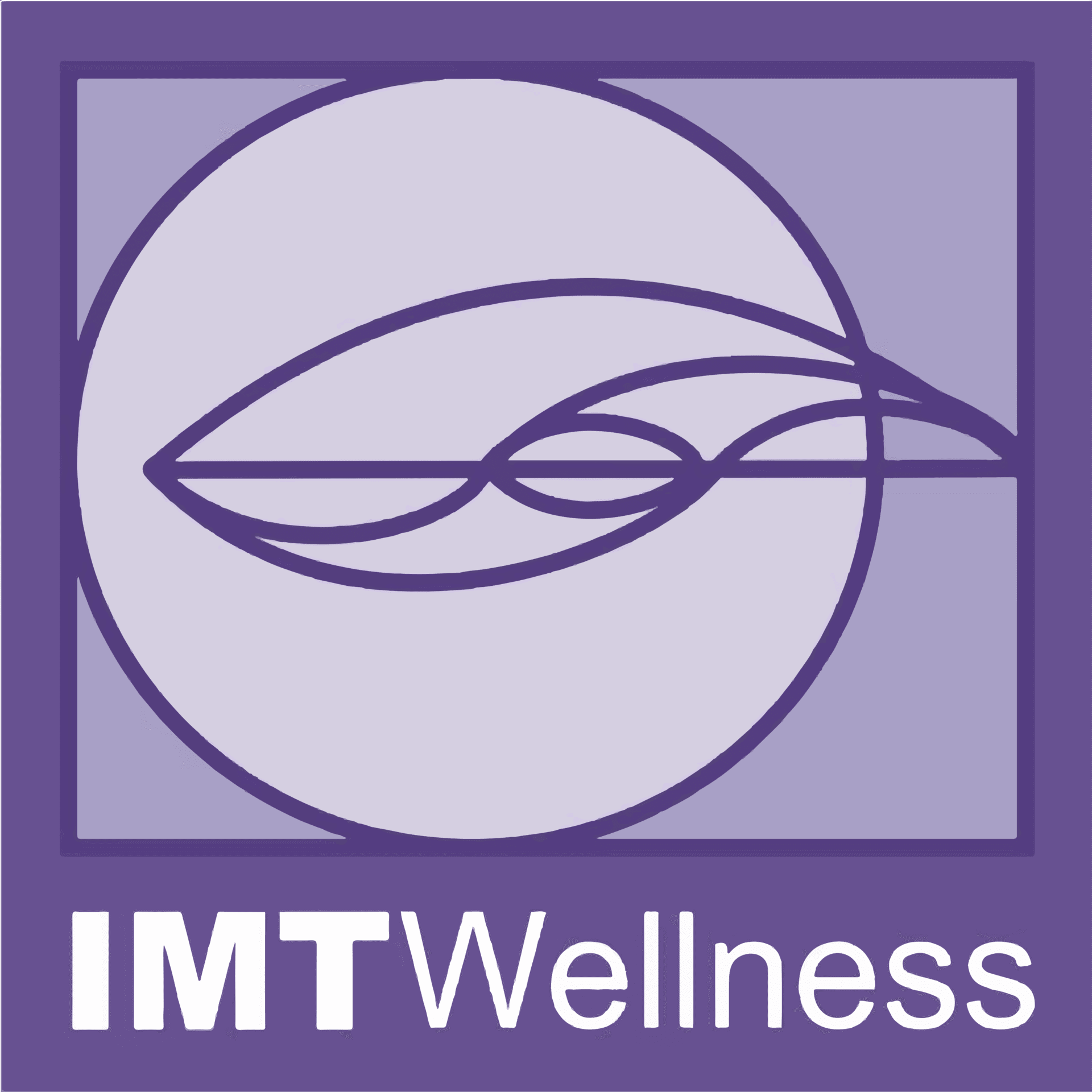What is IMT?
Integrative Manual Therapy (IMT) is a unique compilation of diagnostic and treatment methodologies that assess and treat pain, dysfunction, disease and disability. Developed by Sharon Giammatteo, Ph.D., I.M.T.,C. over the past 30 years, IMT is a new approach to health care developed to address the needs of complex patients. IMT practitioners identify and address the underlying causes of dysfunction using a comprehensive and holistic approach. While IMT diagnostics and treatment modalities are predominately hands-on, IMT also integrates a wide range of diagnostic and treatment technologies, nutritional programs (i.e. natural supplements, diet, and herbs), and IMT body based psychotherapeutic approaches to develop a customized solution for an individual patient’s needs.
IMT treatment techniques are based on the premise that the body has the potential to self-correct or heal itself under the right circumstances. Tissue repair at the cellular level is a normal process that occurs within the body. The healing of a cut or wound on the skin, or a broken bone that heals itself once it has been immobilized, are two examples of this mechanism at work. Pain and dysfunction, on the other hand, are an indication that there is too much cell or tissue dysfunction for the body to restore health on its own. Under these circumstances, in order to improve the body’s self-correction mechanisms, intervention is required.
IMT treatment techniques are manual (hands-on), and generally involve gentle manipulative techniques to promote tissue repair, normalize structure and restore function. Unique to IMT is the integration of manual therapy techniques for all systems in the body (ie. bone, nerve, fascia, muscle, organ, lymph and circulatory systems). As each tissue type in the body has unique requirements for healing, tissue specific techniques are used to yield optimal results. Often, multiple systems are addressed to facilitate recovery, as a dysfunction in one system may influence or be influenced by a problem in another system. To illustrate, consider a patient with chronic shoulder pain. Upon being assessed, to determine which structures were contributing to their pain and/or dysfunction, treatment would ensue for the affected systems. As determined by the diagnostic findings, this may include treatment for muscles, fascia, joints, bones, nerves, circulatory vessels, lymphatic structures and/or organs. The order in which the involved systems would be treated would be determined by the diagnostic findings. Ultimately, IMT is the integration of techniques to assess and address all systems in the body.
IMT practitioners come from many health care disciplines including Western medicine, physical therapy, chiropractic, occupational therapy, naturopathy, acupuncture, Chinese medicine, and other fields. Most IMT trained therapists practice IMT as a specialization, and integrate IMT into their regular health care practices, including in private clinics and hospitals. Practitioners and patients alike have discovered IMT in the process of searching for more sustainable answers to their specific health care needs.
IMT is a comprehensive solution that benefits all types of patients. In many cases, patients who seek IMT have undergone previous treatments with limited success, and find IMT to be a sustainable answer to their health care needs. IMT practitioners specialize in treating complex patients. IMT treats such ailments as chronic back pain, migraine headaches, learning disabilities, autism, diabetes, sports related injuries, chronic fatigue, fertility and women’s health needs, cerebral palsy, spinal cord injuries, depression, anxiety, and many other problems. In addition, many patients use IMT preventatively to maintain optimal health. Ultimately, the success and continued growth of IMT rests on attaining and maintaining results. With trained practitioners worldwide, IMT offers patients the opportunity for recovery, rehabilitation and prevention as an alternative and/or complement to other health care disciplines.
Recovery Programs
- Allergies
- Asperger’s Syndrome
- Arthritis and Chronic Inflammatory Disorders
- Asthma and Respiratory Illness
- Autism
- Auto-immune Disorders
- Bed Wetting
- Behavioral Disorders
- Brachial Plexus Injury
- Brain Injury
- Cardiovascular Disorders
- Cerebral Palsy
- Chronic Fatigue Syndrome
- Cognitive Issues:
- Attention Deficit Disorder
- Attention Deficit/Hyperactivity Disorder
- Learning Disabilities
- Visual and Auditory Apraxia
- Dyspraxia
- Complex Regional Pain Syndrome
- Cranial Disorders
- Cranial Asymmetry
- Dementia
- Developmental Delay
- Facial Palsy/Bell’s Palsy
- Fibromyalgia
- Foot Pain
- GI and Digestive Disorders
- Irritable Bowel Syndrome
- Ulcerative Colitis
- Crohn’s Disease
- Gas
- Constipation
- Diarrhea
- Food Allergies
- Lyme Disease
- Lymphedema
- Lymphatic Dysfunction
- Men’s Health Issues:
- Erectile Dysfunction
- Infertility
- Prostate Problems
- Urinary Incontinence
- Mood Disorders
- Depression
- Motor Vehicle Accident Recovery
- Natural and Healthy Living Consultation
- Neuro-degenerative Disorders:
- ALS
- Alzheimer’s
- Multiple Sclerosis
- Parkinson’s Disease
- Neurologic Disorders:
- Charcot Marie Tooth
- Cerebral Palsy
- Developmental Delay
- Down’s Syndrome
- Hydrocephalus
- Neurofibromatosis
- Seizure Disorder
- Tourette’s Syndrome
- Guillain Barre Syndrome
- Erb’s Palsy
- Klumpke’s Palsy
- Orthopedic:
- Joint Replacements
- Low Back Pain
- Scoliosis and Spinal Dysfunction
- Neck Pain
- Disc Disorders
- Spinal Stenosis
- Overuse Syndromes
- Carpal Tunnel Syndrome
- Pain Disorders
- Back Pain
- Neck Pain
- Headaches
- Migraines
- Chronic Joint Pain
- Foot Pain
- Pelvic Pain
- Plantar Fasciitis
- Post-Surgery Healing and Rehabilitation
- Raising Children Naturally
- Reflex Sympathetic Dystrophy
- Rotator Cuff Injury
- Seizure Disorder
- Sensory Processing Disorder
- Speech and Swallowing
- Feeding Disorders
- Reflux
- Spina Bifida
- Spinal Cord Injury
- Sports Injuries
- Concussion
- ACL Injuries
- Stroke
- Thoracic Outlet Syndrome
- Tinnitus
- Traumatic Brain Injury
- Whiplash Injuries
- Women’s Health Issues:
- Endometriosis
- Fibroids
- Infertility
- Interstitial Cystitis
- Menopausal Problems
- Menstrual Problems
- Urinary Incontinence
- Vulvopathy
- Pelvic Pain

